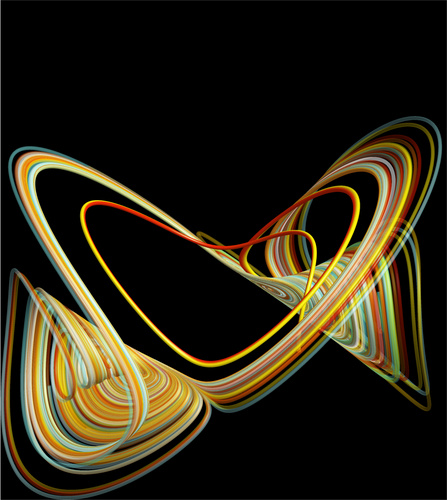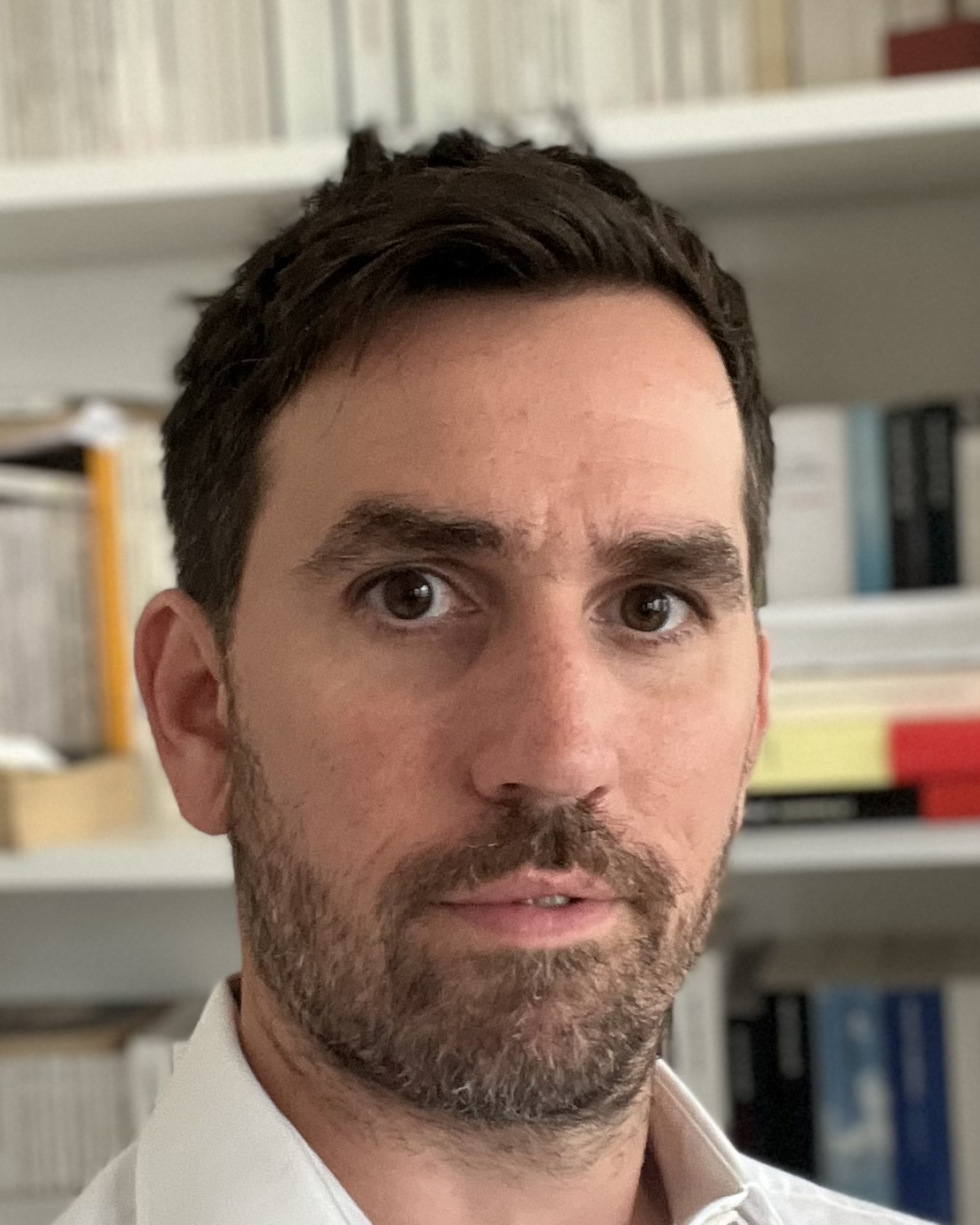I am an associate professor (Maitre de
conférences) at Ecole Normale Superieure (ENS) and a
researcher at the Laboratory of Physics of ENS
(LPENS), in the Nonlinear Physics group.
Since September 2020, I am a junior member of the
Institut Universitaire de France (IUF), and I am
entitled to supervise research [HDR] since 2018.
Aside from research, I teach fluid dynamics,
instabilities, statistical physics, thermodynamics and experimental
physics (undergraduate and master).
Research interests
My research focuses on non-linear physics and non-equilibrium phenomena. I combine laboratory experiments, theoretical analyses and numerical simulations to study a range of phenomena, including instabilities, magnetohydrodynamics, dynamical systems, chaos and turbulence. The aim is to deepen our understanding of the fundamental mechanisms underlying these complex macroscopic systems. This research contributes to the development of practical energy technologies - such as batteries or electromagnetic pumps - and also provides new models in astrophysics and geophysics, including those related to stars, accretion disks and oceanic/atmospheric dynamics. Below are some typical examples of my current interests:
Energy conversions in hydrodynamics
Astrophysical Fluid dynamics and climate physics
Turbulence, waves and instabilities
Chaos and nonlinear dynamics
I am focused on understanding the mechanisms that control various energy conversions involving fluids, many of which are still poorly understood. For example, flow instabilities and turbulence often play a critical role in mediating the efficiency of energy transformations. Similarly, electrically conducting fluids exhibit a coupling between fluid motion and electromagnetism which can lead to novel energy technologies. We investigate these problems from a fundamental perspective, while also working on the development of new technologies such as liquid thermoelectricity and electromagnetic pumps. > more details here...
Astrophysical fluid dynamics deals with the application of hydrodynamics to the motion of fluids encountered in space, such as planetary or stellar interiors, accretion disks and galaxies. Thanks to the growing amount of telescope observations and space missions in recent years, whole sections of the theory of such flows are now actively debated. In our group, we combine laboratory experiments, theory and numerical modeling to understand the mechanisms involved in some of these astrophysical systems. Some part of my activity is also dedicated to studying geophysical phenomena, including tornadoes and oceanic vortex flows. > more details here...
The study of turbulence is one of the most active research area. We developed several laboratory experiments in order to adress various questions related to turbulence, like the transport properties of turbulent flows, the dimensionality of turbulence or its statistical properties. Similarly, waves are ubiquitous in both nature and industrial systems. Most of the time, they are closely related to the generation of instabilities in the flow, and we use laboratory experiments to study the stability of such flows and the associated wave dynamics. > more details here...
In several physical problems, a modelization using a few coupled differential equations is very useful to understand the non-linear dynamics of complex systems. I am interested in fluids dynamics situations in which a low dimensional behavior is observed, despite the apparently large number of degrees of freedom. It is still unclear why and how some very complex and turbulent systems can be correctly reproduced by extremely simple models. > more details here...


